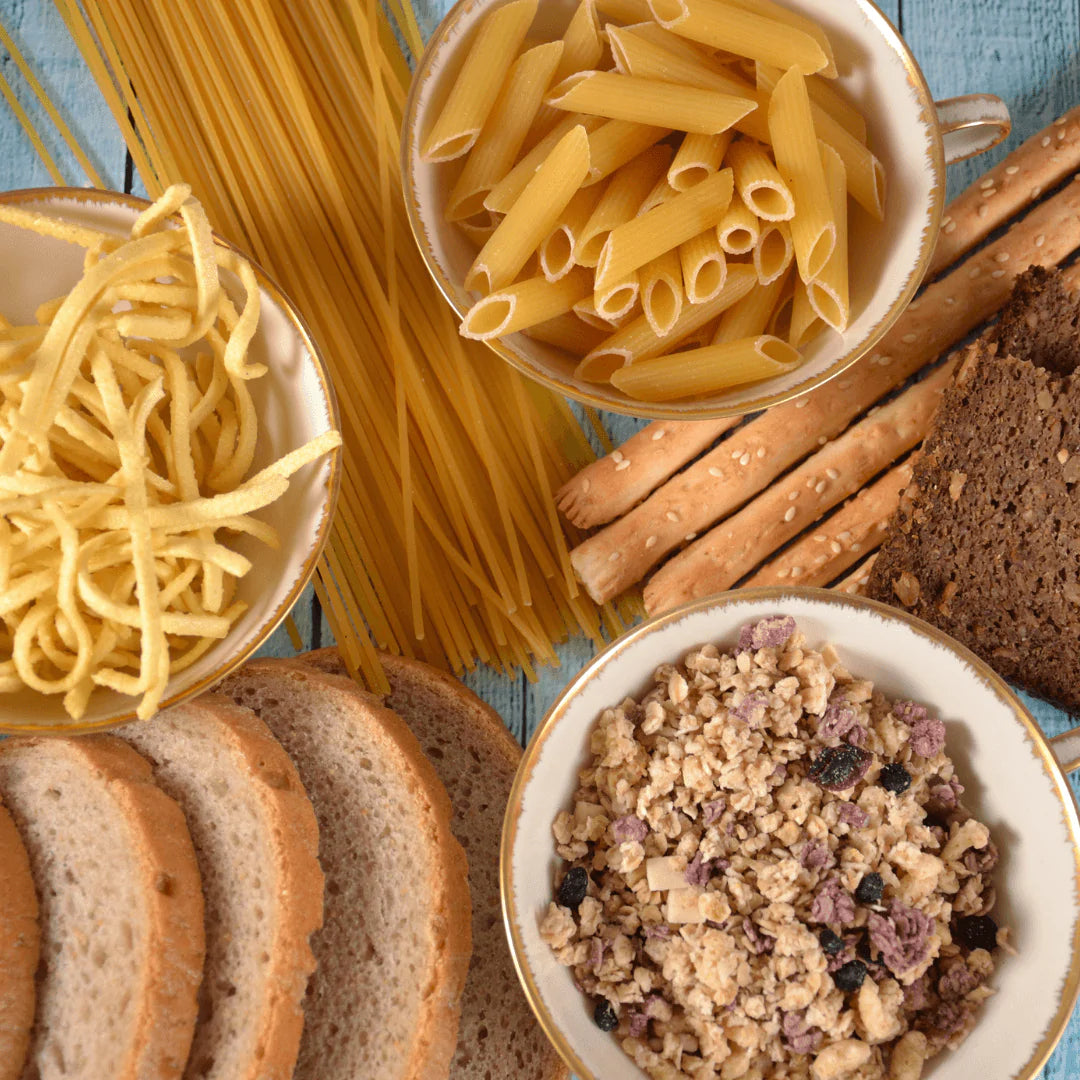Gluten is a common protein found in different foods such as bread, cereals, pasta, and even beer. Recently, the media has pushed the theory of going gluten-free, with celebrities such as Kourtney Kardashian emphasizing the same, causing the numbers supporting the idea to grow. But how does cutting gluten out of one’s diet keep one healthier? Science does not support this notion; instead, it claims that gluten is good for our bodies and that gluten-free diets may not be as worth it as the media portrays them.
Is gluten bad for you?
Science is yet to prove that the media is right about gluten. Still, studies have been done to challenge the notion, and it was discovered that people that ate a gluten-free diet had a higher risk of having coronary heart disease because their body was consuming fewer whole grains. In 2017, a scientific literature review was done. It was discovered that gluten-free diets lacked a lot of nutrients such as calcium, vitamins B, and fiber, causing people on such diets to consume more fats and carbs that are harmful to their health if consumed in excess.
Grace Fjeldberg is a nutritionist who claims that gluten-free diets are high in fats and carbohydrates and lower in proteins, iron, and fiber because food manufacturers have to add sugar or fat to compensate for the absence of gluten in foods to avoid changes in the quality. If one is healthy and not allergic to wheat, they are urged not to exclude gluten from their diet. Nevertheless, if one still feels they have the urge to go gluten-free, they are advised to seek a nutritionist’s advice on healthier ways to compensate for the missing nutrients in their gluten-free diet.
Who should not eat gluten?
Although science has confirmed that gluten is harmless to humans, certain people with health conditions are encouraged to avoid gluten for an effective treatment. Such people include;
- Those with celiac disease- this disease is an autoimmune illness that harms the lining of the small intestines. Someone with such a disease is at risk of reducing their ability to absorb nutrients from their food when they eat gluten. Since there is no cure for celiac disease, the only way for an infected person to remain healthy is by adapting to a gluten-free diet.
- Those with dermatitis herpetiformis- this disease is caused by gluten, causing a severe rash on the nudges, laps, head, bottoms, and the chest. Most people infected with the disease have also experienced the same small intestine injury as celiac disease. The only difference is that people with dermatitis herpetiformis do not have symptoms such as diarrhea, queasiness, vomiting, or constipation. Apart from medications used to control the symptoms of the disease, dermatitis herpetiformis can be cured by a gluten-free diet.
- Those sensitive to gluten- this gluten sensitivity is similar to celiac disease, and the symptoms are quite similar. The difference is that people with gluten sensitivity will not experience damage to their small intestines.










Leave a comment
This site is protected by hCaptcha and the hCaptcha Privacy Policy and Terms of Service apply.